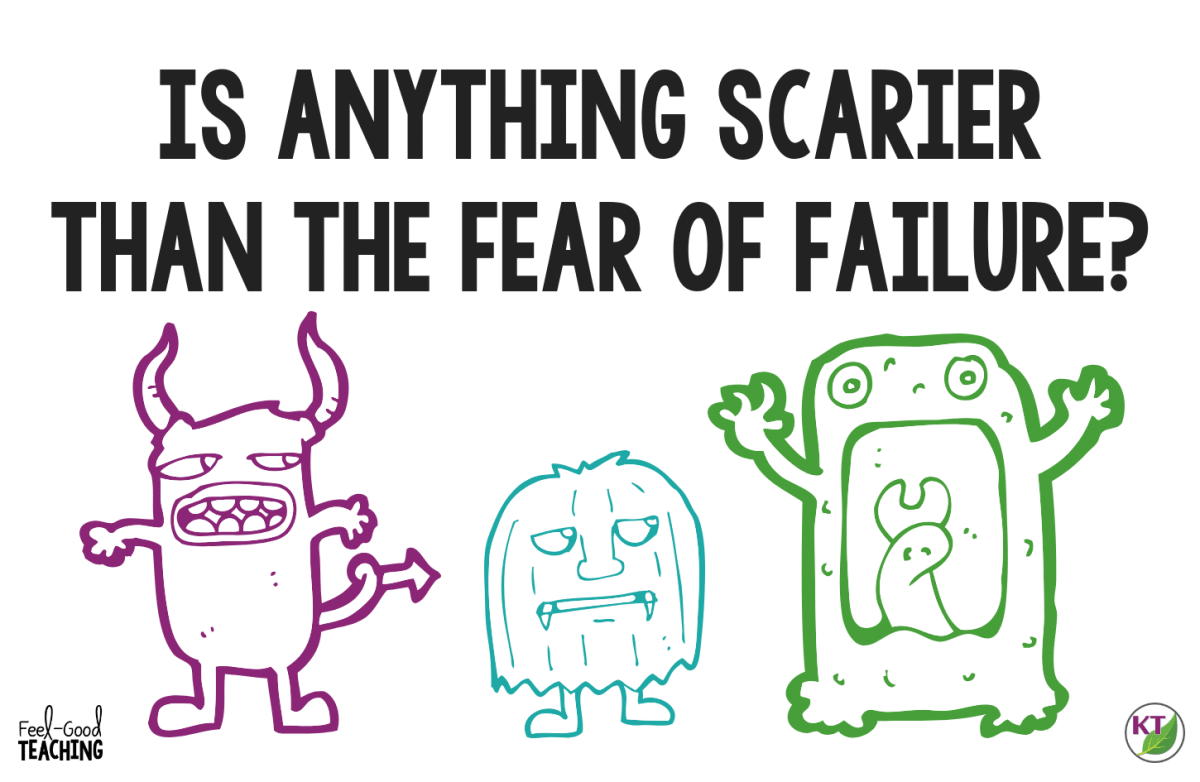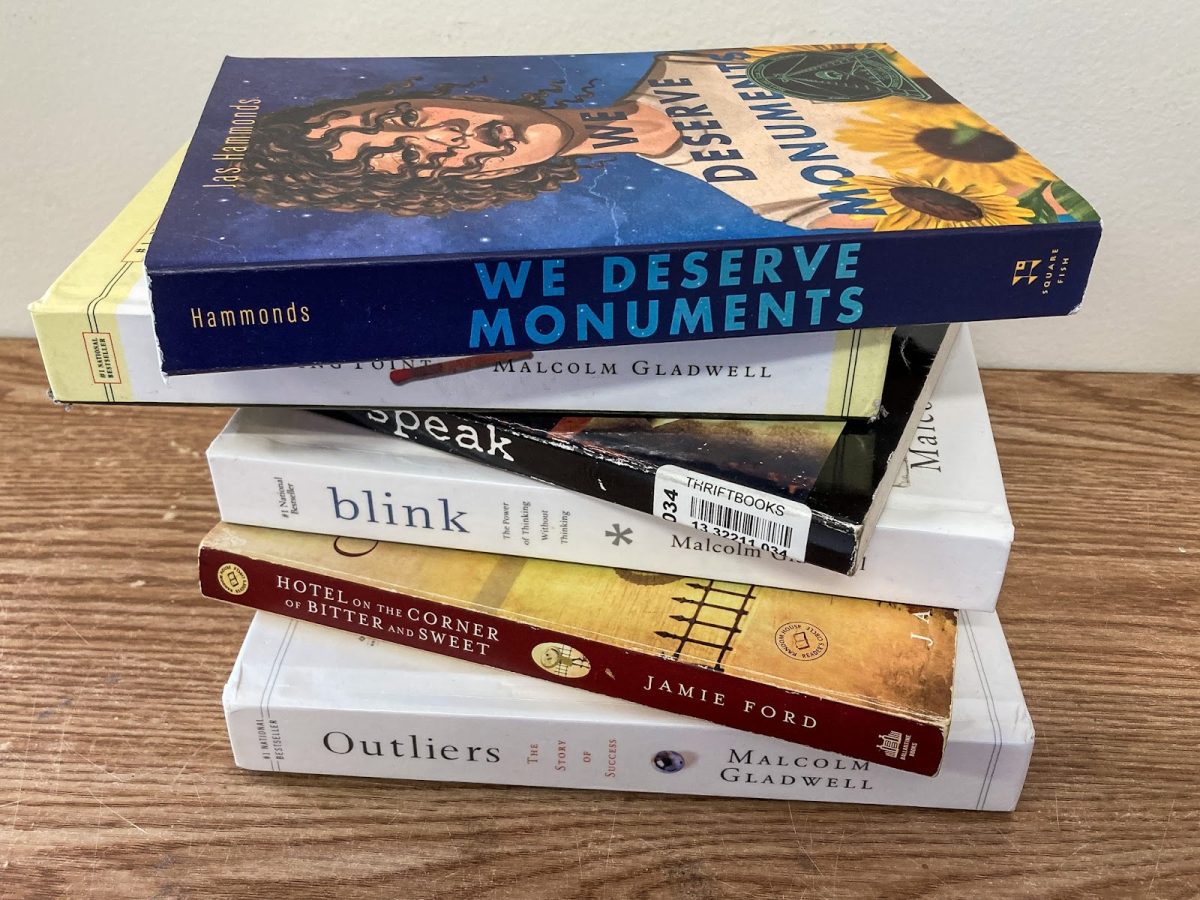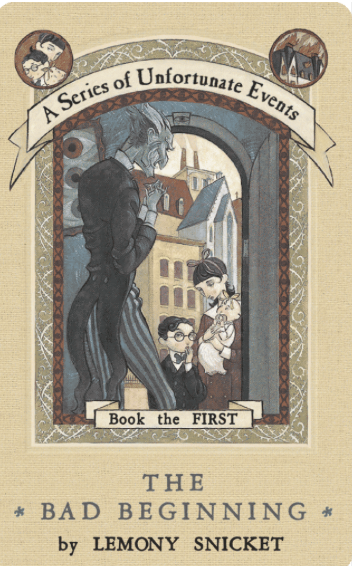In today’s world, any individual regardless or age, race, or credibility, can take to the Internet to voice their opinions eternally hidden by the world-wide-web’s veil of anonymity. While the freedom of speech has been ever valued by society, a large number of teenagers are taking to social media to express hateful and discriminatory opinions. Recently, West High seems to have been hit by a rash of outbursts triggered by the recent ASB elections.
In particular, Secretary of Honors candidate, Christina Choi’s (11) campaign involving “troll faces” and “memes” unleashed many mixed opinions. In fact, one passionate individual felt that Choi’s use of the “troll face” was disgraceful as he or she decided to vandalize her campaign posters, leaving a typed note behind that condemned Choi’s campaign tactics saying, “We are not entirely sure that you know what trolling is. What you are doing is ridiculous, stupid and offensive.” For those who are not acclimated to the online term “trolling,” Wikipedia defines it as “someone who posts inflammatory, extraneous, or off-topic messages in an online community, such as an online discussion forum, chat room, or blog, with the primary intent of provoking readers into an emotional response or of otherwise disrupting normal on-topic discussion” — a definition which the vandal felt had nothing to do with Choi’s ASB posters.
Not only did this anonymous individual seemingly troll the troll faces off Choi’s posters, but many others took to Facebook to voice their concerns. In fact, one user’s post condemning Choi’s tactics recovers 139 comments ranging from a similar negative view of the campaign, to those harshly criticizing the user.
Soon after, the post and the user’s entire Facebook account was deactivated, but it begs the question, how much is too much when it comes to voicing one’s opinion over the Internet? After all, it is easier to speak up when sitting in front of a computer monitor than when face to face with someone who disagrees with you.
Regardless, the Internet is not the place to distribute largely negative views towards any individual or group. Teenagers are often guided by their emotions in the heat of the moment, failing to think about the consequences of their actions, but they must always remember that whatever posted on the Internet can and likely will be there forever. Despite deleting a post, any controversial status can be screenshot, never truly disappearing.
The stupidity of online “trolling” not only damages the reputation of a poster, but it is also detrimental to a victim’s self-confidence. Despite many instances of discrimination during the past week, Choi happily states, “Although I was shocked to see my posters vandalized and to see hurtful comments on Facebook, I did not take anything personally.” To any other victims of cyber bullying, Choi’s actions are worth echoing. Rather than succumb to the pressure of the so-called trolls, others should take what is said online with a grain of salt because, as Choi put it, “haters gonna hate.”







